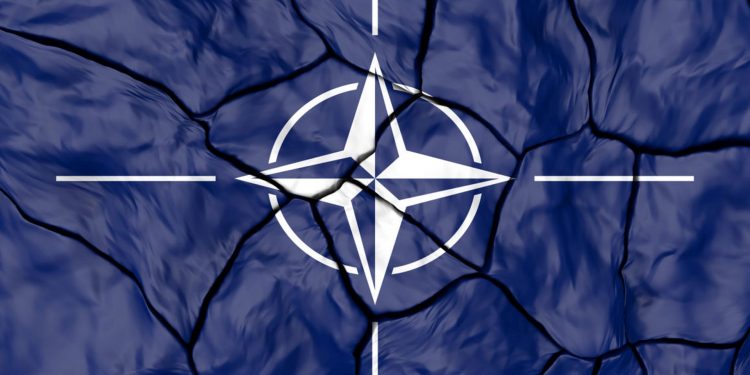The NATO alliance should seek a more political role as the lynchpin of the West, ministers will hear this week, despite disputes about its strategy.
Secretary General Jens Stoltenberg will present foreign ministers with a report from an outside expert panel, arguing the case for NATO as a policy hub.
“I will then develop my proposals for the heads of state and government when they meet next year,” Stoltenberg said.
“And I’m looking forward to that because NATO has proven to be a very agile alliance,” he said.
US President Donald Trump accuses European allies of not pulling their weight, and France’s Emmanuel Macron has said NATO is experiencing “brain death”.
Trump has also accelerated with withdrawal of US soldiers from the NATO mission in Afghanistan — despite there being no lasting political solution in place.
Turkey, meanwhile, bought a Russian-made air defence system despite NATO warnings, and is in a dangerous maritime stand-off with fellow member Greece.
Macron has seized on the crisis to push his call for Europe to develop its “strategic autonomy” to act beyond its borders without the allies if needed.
Summit next year
But this in turn led to resistance in Germany, where Chancellor Angela Merkel hopes US president-elect Joe Biden will restore a more collective approach.
At a news conference to preview Tuesday’s videoconference, Stoltenberg said he had invited Biden to a summit in Brussels “early next year” with the other allied leaders.
“The specific date is not yet decided. But there will be a NATO Summit. And of course, all NATO leaders will be there,” he said.
Britain, which left the EU but remains committed to NATO, has boosted military spending to meet members’ target of two percent of GDP within four years.
But other European members — notably economic powerhouse Germany — will not meet this level of defence funding for many years to come, if ever.
Against this background, the allies must decide how to meet the challenge of an increasingly assertive Russia and China, which are modernising their armies.
NATO, set up in the aftermath of World War II as the West’s shield during the Cold War, has sought a new role in Afghan peacekeeping, cyber warfare and counter-terrorism.
But its bread and butter remains maintaining a credible deterrence against major rivals Russia and — increasingly — China.
It also faces the beginnings of what could become a rivalry with its fellow Brussels-based organisation, the European Union, which is seeking a more “geo-political” role.
‘Strategic illusions’
Most, but not all EU members are also NATO members, and bloc members are considering an as-yet unpublished plan to develop its own “strategic compass” and to reduce its dependence on Washington.
But the Europeans are themselves divided.
“Illusions of European strategic autonomy must come to an end,” Germany’s defence minister Annegret Kramp-Karrenbauer warned.
“Europeans will not be able to replace America’s crucial role as a security provider,” she said this month.
Macron disagreed, and said so in a long rumination on strategic policy in an interview with the magazine Le Grand Continent — accusing the German minister of a “historical misunderstanding.”
Clumsily, he suggested that Kramp-Karrenbauer might not have Merkel’s backing for her view, allowing her to retort: “I did not hear the Chancellor say that NATO was superfluous.”
Experts suggest it is wrong to read too much into the French leader’s rhetorical assault on the Alliance.
“President Macron has always said that European defence is complementary to NATO,” Ulrike Franke of the European Council on Foreign Relations (ECFR) told AFP.
French MEP and defence specialist Arnaud Danjean said that Europe had ground to make up in advanced technology like autonomous weapons and its own satellite guidance system.
But he said that France’s new focus on the Mediterranean and the arc of instability in north and west Africa could complement NATO’s mission to face north and east towards Russia.
“European defence policy is more about crisis management, and this will be done on the southern front, in regions that are no longer priorities for the United States,” he told AFP.











